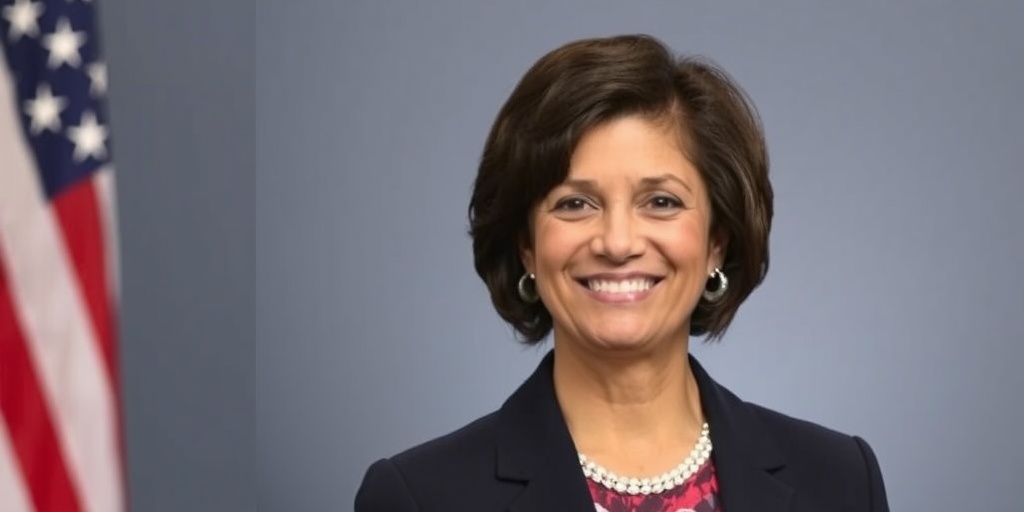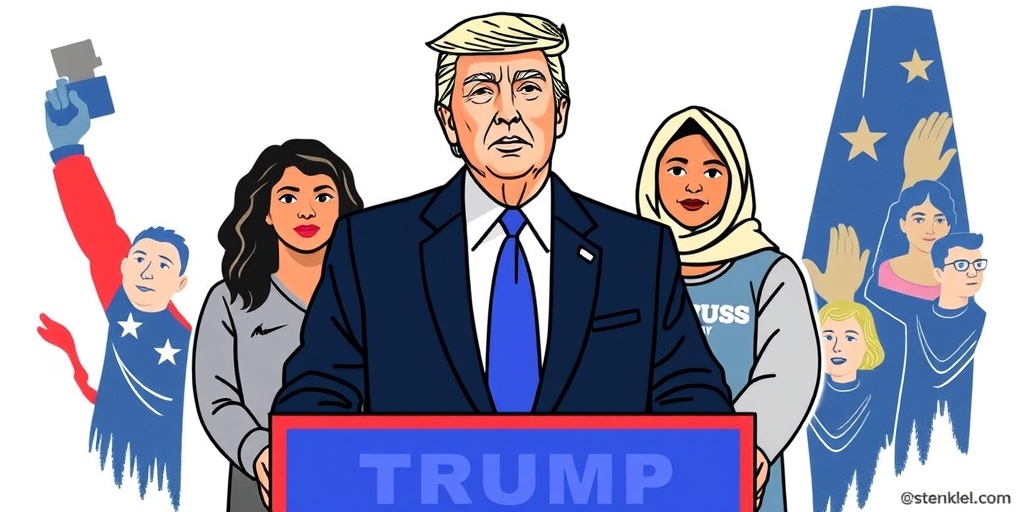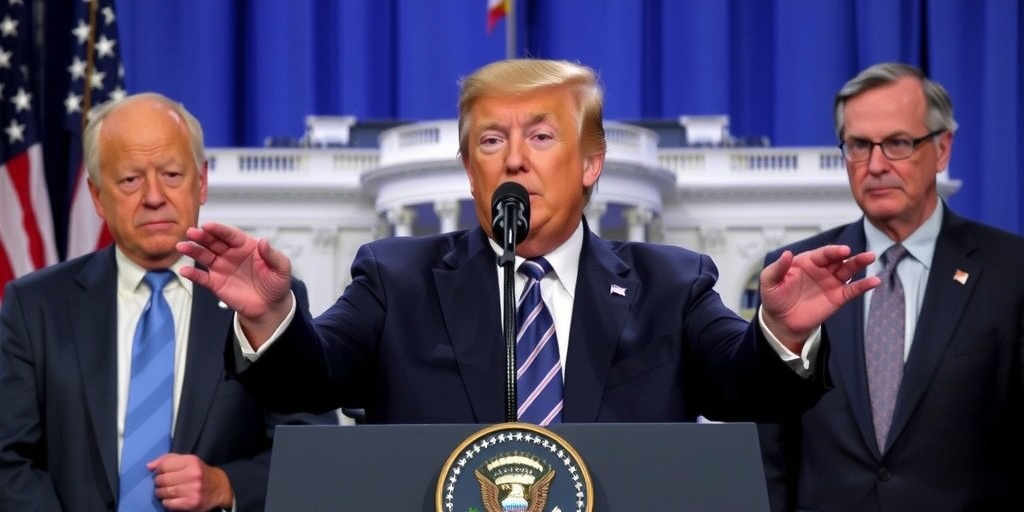Now Reading: Retribution in Various Forms During Trump’s Second Term
-
01
Retribution in Various Forms During Trump’s Second Term
Retribution in Various Forms During Trump’s Second Term

Title: President Trump’s Expanded Retribution Strategy in His Second Term
In his second term, President Trump has intensified his efforts to target his perceived opponents, leveraging a spectrum of tactics that extend beyond traditional legal channels. His approach, which has raised concerns among rivals and law enforcement, highlights a more assertive and creative application of power than initially anticipated.
Upon returning to office, concerns emerged that Trump would lean on the Justice Department and the FBI to investigate or imprison his adversaries. However, since winning re-election, Trump has expanded his retribution campaign to include various strategies such as lawsuits, executive orders, and public intimidation, all while often bypassing the judicial system altogether. This shift has led many of his targets to adapt their behaviors in response to the threats he poses.
Mr. Trump’s methods have blurred the lines between personal grievances and policy objectives, complicating the landscape of American politics. Notably, he has threatened criminal investigations against a wide array of figures, asserting his control over agencies and expectations. For example, he suggested that former President Joe Biden should face incarceration and has directed the U.S. Attorney’s office in Washington to scrutinize Democrats, particularly those involved in the January 6 Capitol attacks.
His retribution tactics have also pressured several major law firms to comply with his demands. Faced with the risk of punitive executive orders that could significantly impair their operations, some firms have opted to accept his terms rather than engage in a prolonged legal battle. The fear of public backlash and potential loss of business has compelled these firms to capitulate, creating a landscape where compliance is seen as a safer alternative.
Trump’s expansive view of his executive powers during his nonconsecutive presidency contrasts with the restraint exhibited during his first term, when military and establishment Republicans appointed to his administration often intervened to moderate his impulses. This time around, Trump seems more emboldened and has not shied away from leveraging the vast authority of the presidency to dismantle opposition.
Legal experts express concern regarding Trump’s methods, which often prioritize retribution over adherence to legal norms. Sean Brennan, a former Justice Department prosecutor critical of Trump’s tactics, described the current environment as alarming, where an executive can prioritize vindictive actions that bypass traditional checks and balances. The chilling effect of Trump’s actions is palpable, as many institutions, from law firms to universities, feel the pressure to conform to his demands in fear of financial or legal repercussions.
The impact of this power dynamic is evident across various sectors. In recent months, numerous corporations have dismantled diversity, equity, and inclusion initiatives to avoid Trump’s scrutiny. The regulatory arms of the government—specifically the FCC and the EEOC—are actively monitoring the hiring practices of companies that have come under Trump’s spotlight.
Academia has not escaped his influence either. Institutions like Columbia University have altered policies related to protests and their Middle Eastern studies department to comply with Trump’s demands, attempting to sidestep the potential loss of federal funding amounting to hundreds of millions of dollars. This signals a significant shift from the resistance seen during Trump’s first term, where many entities strongly challenged his agenda.
Historically, Trump’s retribution efforts in his first term were characterized by attempts to utilize federal agencies to investigate those who opposed him politically. However, many of these endeavors were met with a lack of accountability. In stark contrast, President Biden and other political opponents are now responding to Trump’s overt threats with caution, often reconsidering their prior strategies in light of his expansive retribution model.
Trump’s willingness to enforce consequences against disloyal individuals extends down to critical issues of security. He has moved to revoke the security clearances of former officials whom he perceives as disloyal, a tactic that was previously blocked by his aides during his first term. As a result, approximately sixty individuals, including notable figures such as Hillary Clinton and former Representative Liz Cheney, have found themselves vulnerable to this calculated punishment.
The dynamic at play reveals a potentially transformative period in American politics, characterized by unprecedented presidential power and a fraught relationship between the executive branch and longstanding norms of accountability. Critics argue that the rule of law is under threat as Trump’s retribution campaign continues unchecked, raising serious questions about the future integrity of democratic institutions and the balance of power in the United States.
As Mr. Trump pushes forward with this retribution strategy, the implications for American governance, civil rights, and the rule of law remain to be seen, leaving both allies and adversaries uncertain about the political landscape ahead.
Stay Informed With the Latest & Most Important News
Previous Post
Next Post
-
 01New technology breakthrough has everyone talking right now
01New technology breakthrough has everyone talking right now -
 02Unbelievable life hack everyone needs to try today
02Unbelievable life hack everyone needs to try today -
 03Fascinating discovery found buried deep beneath the ocean
03Fascinating discovery found buried deep beneath the ocean -
 04Man invents genius device that solves everyday problems
04Man invents genius device that solves everyday problems -
 05Shocking discovery that changes what we know forever
05Shocking discovery that changes what we know forever -
 06Internet goes wild over celebrity’s unexpected fashion choice
06Internet goes wild over celebrity’s unexpected fashion choice -
 07Rare animal sighting stuns scientists and wildlife lovers
07Rare animal sighting stuns scientists and wildlife lovers





















